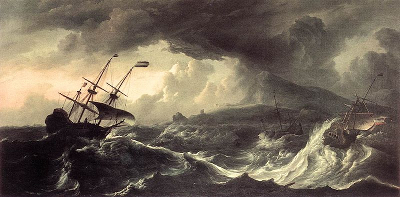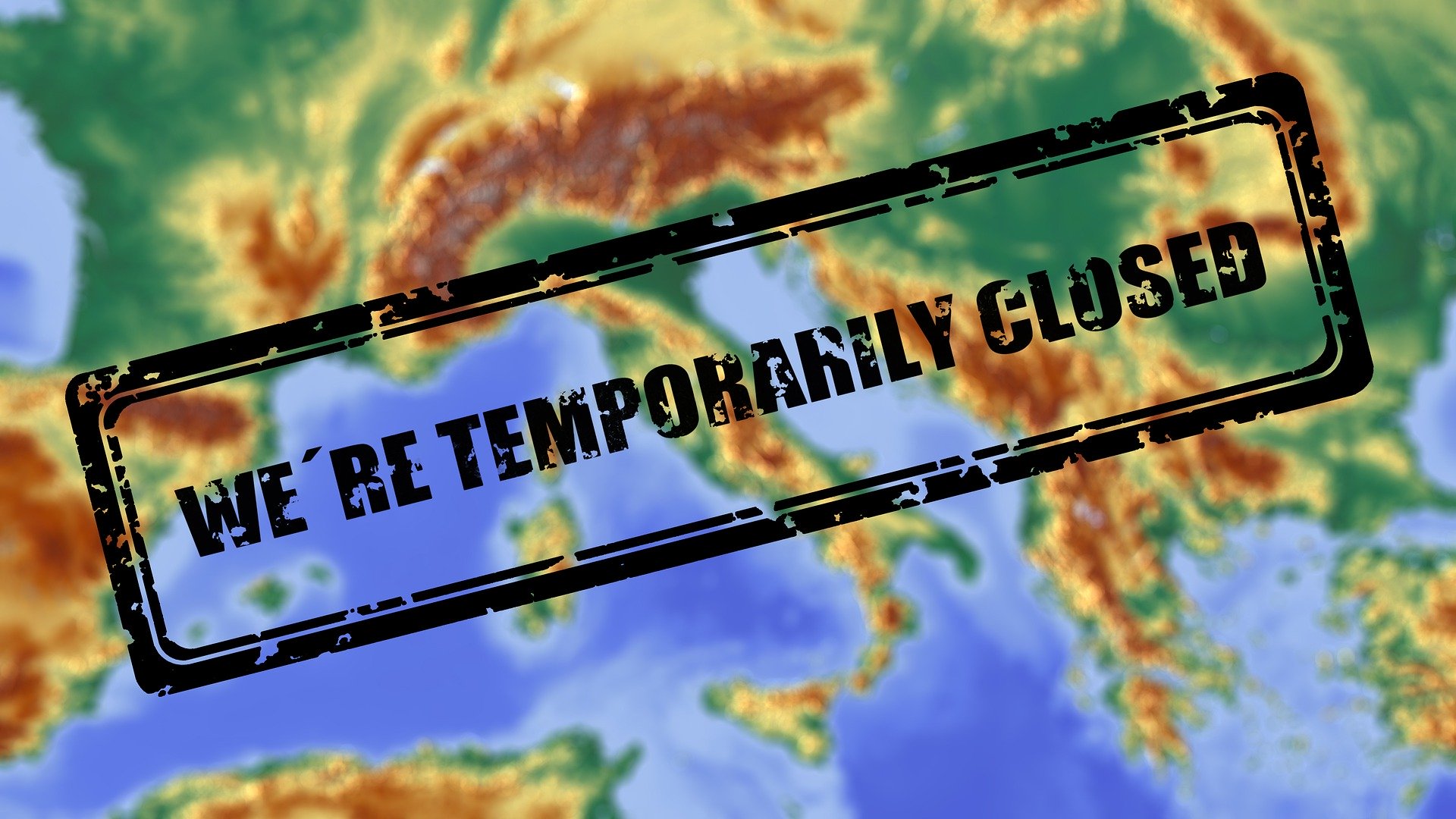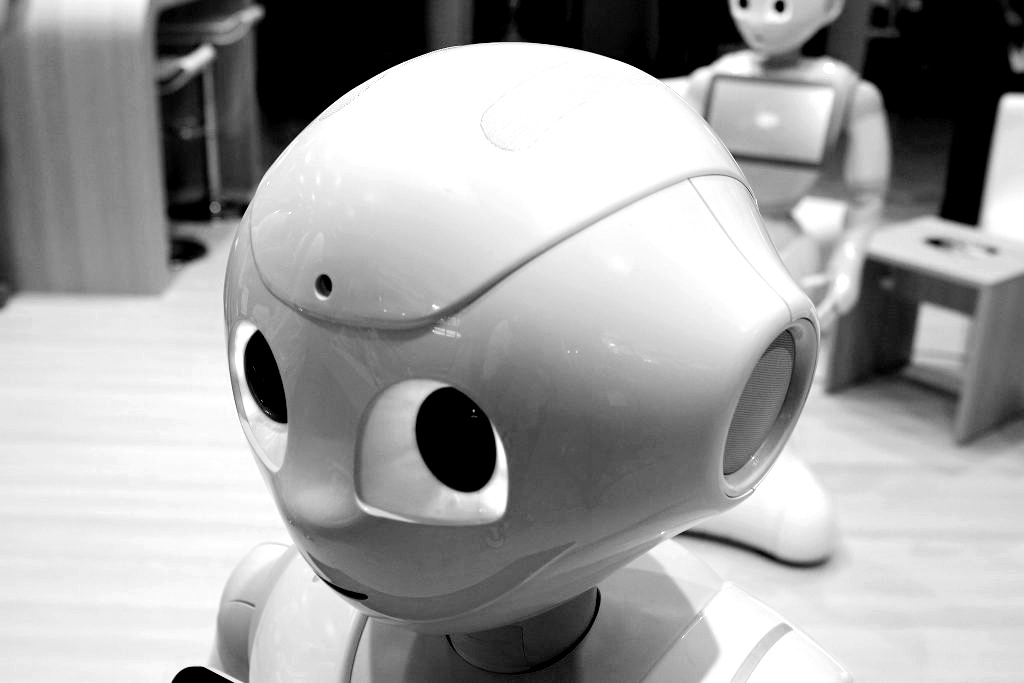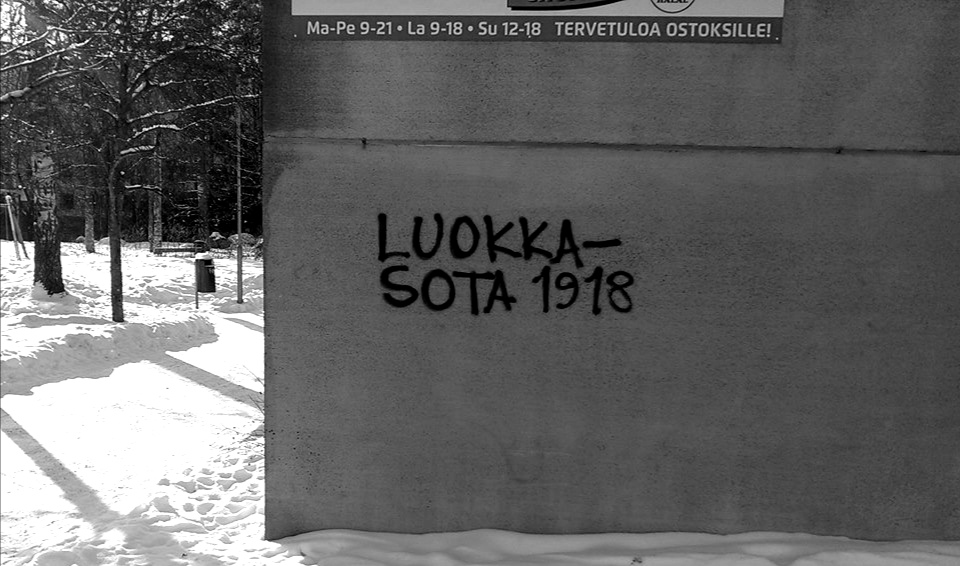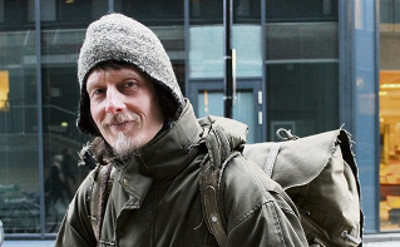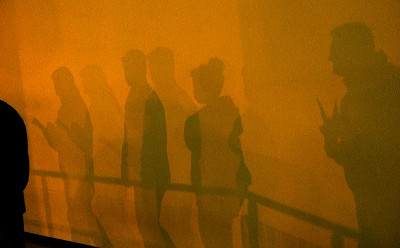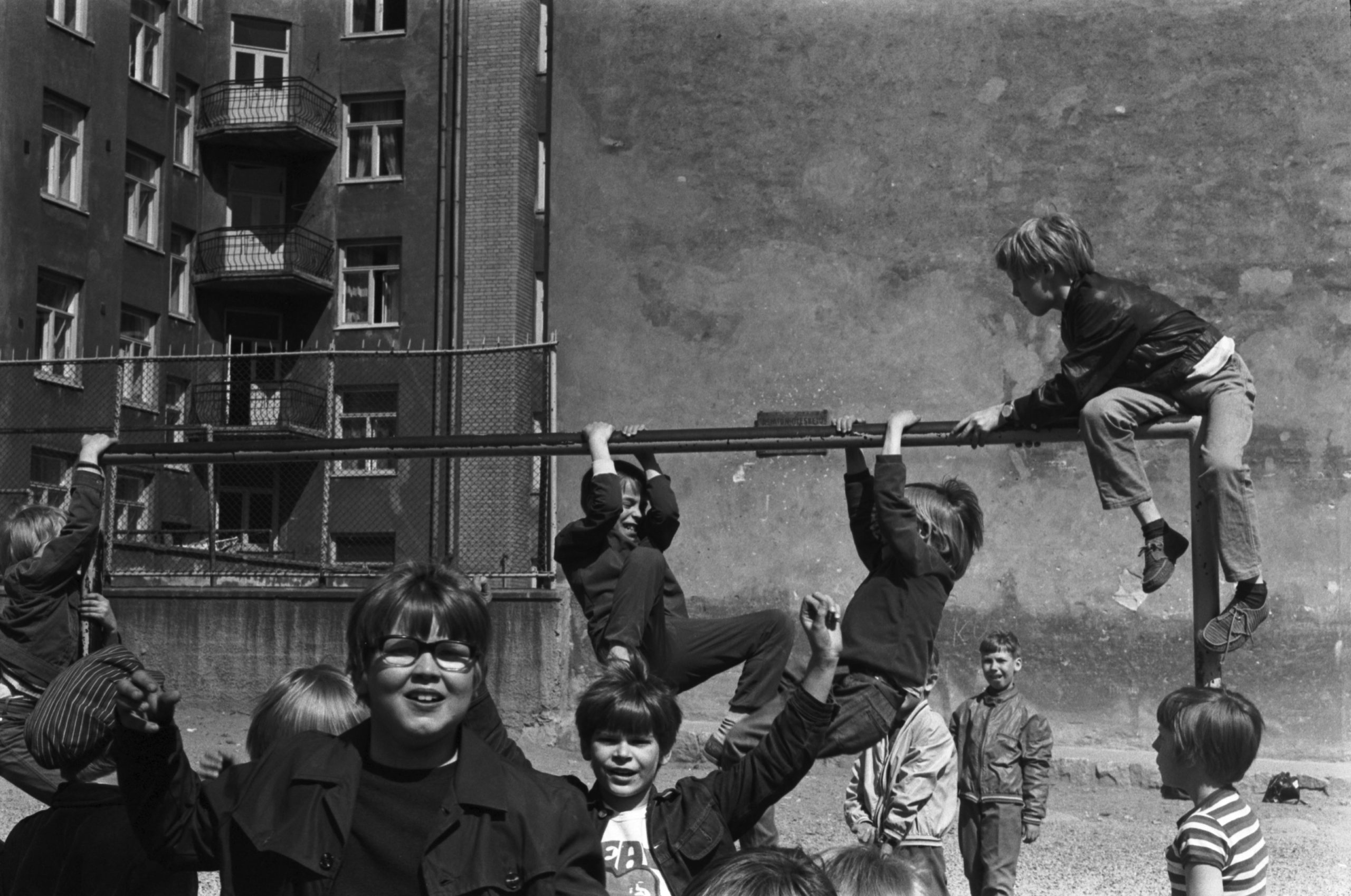
Capitalism and socialism shared the belief in the idea of progress
Capitalism and socialism had a shared premise: economic growth, modernization and industrialization driven by a desire for progress that were accelerated by an ideological competition. Just around 30 years ago, the world was divided into two competing camps: capitalist countries […]
READ MORE



